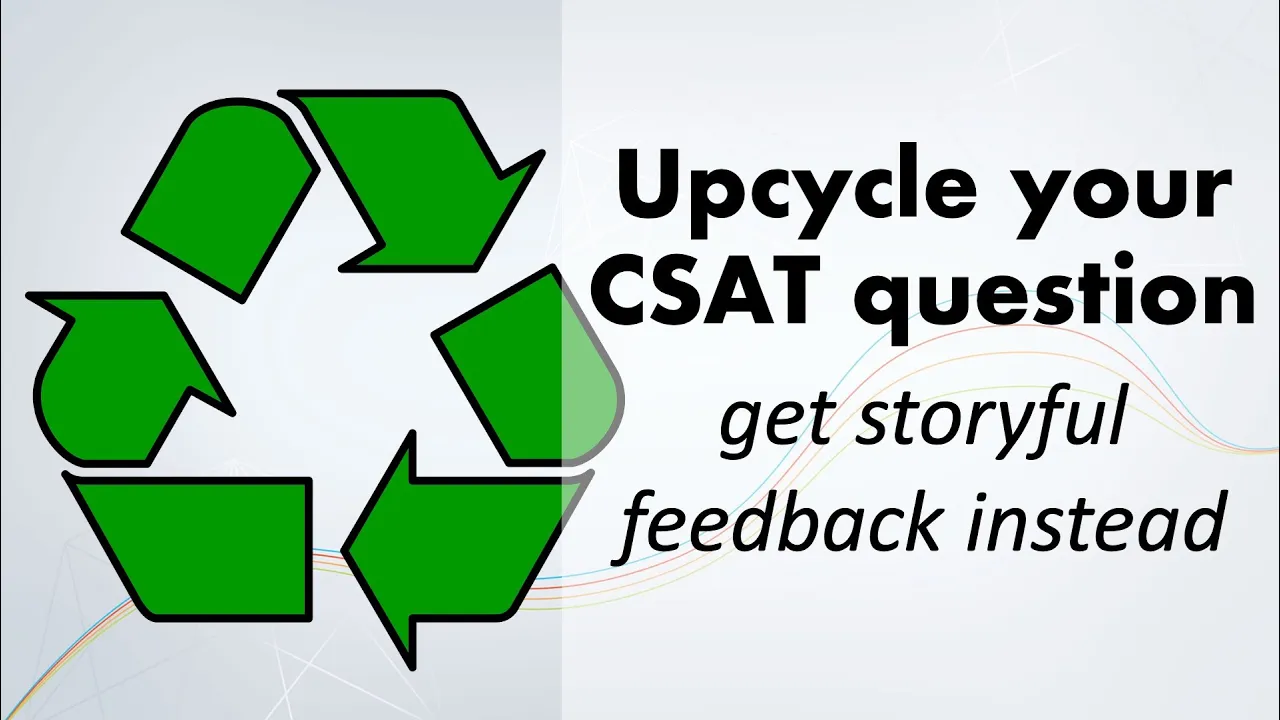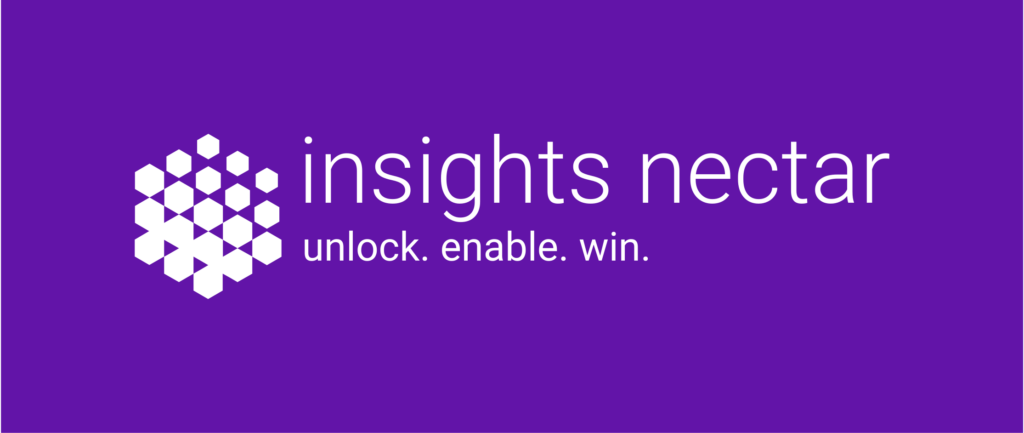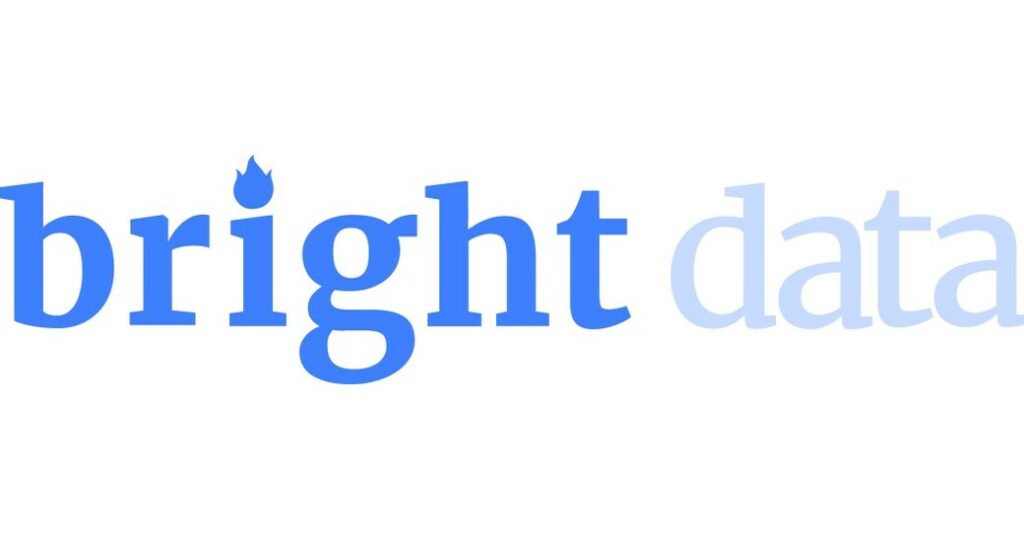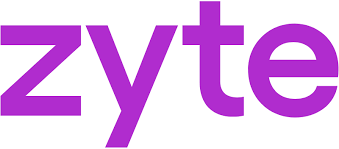In the world of mobile game development, there is a very real and looming threat of game-breaking bugs slipping into the latest release, causing users to frantically swat at the bee in their bonnet via support tickets.
For one particular developer, this threat was made much more manageable with the help of both Luminoso Compass and Daylight. That combination helped them move these bees from user’s bonnets, to a hive with enough evidence for a new feature, perhaps a bug fix, or ideally, a link to the right FAQ page to enable self-service.
Using Compass
With 4-5 big game updates every 2-4 months, their servers are hit with up to several hundred thousand tickets daily, and in multiple languages. The problem was that their previous keyword-based system couldn’t quite keep up with the frequently-changing language used in their games. So, they needed a way to automatically send customers with simple issues to a helpful FAQ page, ultimately preventing the team from drowning in a sea of tickets.
For Luminoso Compass, the ability to understand underlying concepts, rather than match keywords, made deciphering this domain-specific language possible. Everything from in-game items and classes, misspellings, or acronyms could then be caught and automatically routed to the right response. And if a ticket was assigned a label that didn’t match an existing self-help article, the ticket would be automatically routed to a support representative for review.
This essentially doubled the number of tickets they were able to deflect to self-help pages, all while maintaining 90% accuracy – a huge win for the support team’s time-to-resolution.
Using Daylight
On the other side of the coin, Luminoso Daylight was used to analyze this huge influx of tickets and unearth issues that were more complex than a simple FAQ page. For those tickets, Daylight would identify and quantify the issues before routing them to game specialists for further action.
The game specialists would use this data to start tackling the issues that appeared in the data most often. From there, the summary of topics (listed as relevant terms) and percentage of voice among users could be shared with the rest of the team. This also enabled the team to track specific topics as well as the actions support agents took to solve issues related to those topics.

With the ability to intake, process, classify, and tag data in real-time, the developer was able to handle high-volume feedback 24/7, and in the eight languages they cared most about. Not only that, Luminoso was set up in a day and trained in less than 10 minutes using past support tickets in multiple languages before being connected to the company’s ticket management platform.
The impact this workflow change had on the business was huge, helping the
developer keep gamers happily gaming and support teams confidently supporting.


























